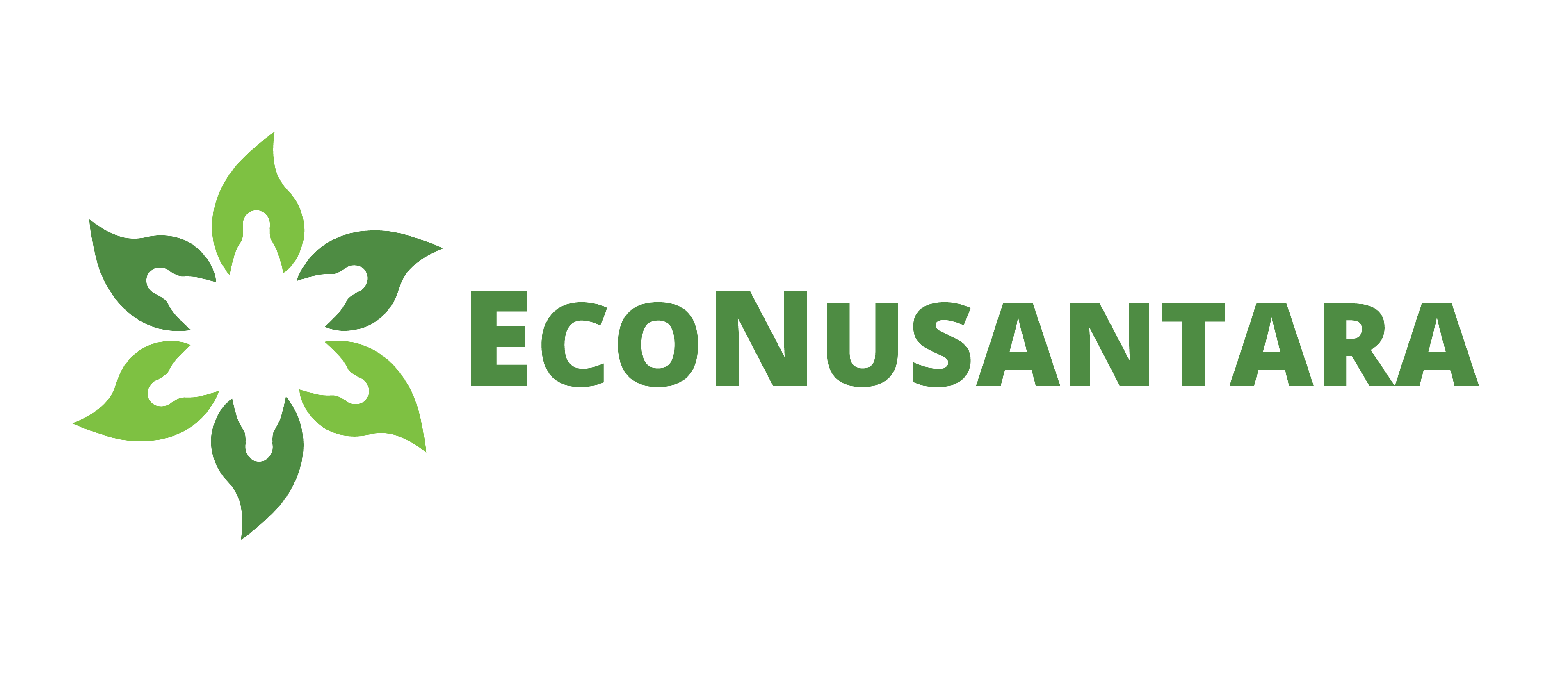- The EU election results and the ‘Green Deal backlash’ mean that a delay to the EUDR is a live possibility;
- Technical problems have plagued the implementation process, from the IT system to the benchmarking studies;
- Germany has emerged as a key opponent to the EUDR, noting that it will not support EUDR implementation until benchmarking is complete;
- Election results are still preliminary, and as the election results become clearer, so will the fate of the EUDR.
The EU’s election results from the weekend indicate that the ‘Green Deal backlash’ in the EU is real, and that delays to measures such as the EUDR are a live possibility.
A delay to EUDR implementation will be welcome news to palm oil supply chain participants, from Indonesian smallholders to European manufacturers.
And it’s not just palm oil: producers, exporters and importers of multiple commodities have over the past month been raising their voices about the mounting problems of the EU meeting its implementation timeline.
Prominent current and former EU officials have been indicating that a delay is warranted.
Among current officials. Current EU Agriculture Commissioner Janusz Wojciechowski is calling for a delay of the implementation for a year.
More importantly, the German government has said it will not agree to the implementation of the regulation until the benchmarking is ready – and the Commission has already delayed the benchmarking for at least a year.
Former EU Commissioner and WWF Europe Director Genvieve Pons has said publicly that:
“It will be very difficult to avoid a postponement [of the EUDR implementation] … It will be more, I think, a political question than a legal question.”
Pons made this statement against the background of an ongoing “Green Deal backlash” taking place in Europe. She also contends that the EUDR has faced a very different birthing process to the EU’s other key trade-climate policy, the Carbon Border Adjustment Mechanism (CBAM).
Where CBAM has been implemented with a high level of consultation with trading partners and cooperation between EU directorates, the opposite has taken place with the EUDR. As we’ve noted before, some EU directorates (Trade, and International Partnerships) have directly called out the Environment Directorate for a lack of consultation with bilateral partners.
A Change of Heart?
What is bringing about the significant change of direction? There are two parts to this.
First, the technical implementation. It has been no big secret that the IT system that is supposed to implement the system is both inadequate and behind schedule. Sources have indicated that the ability to upload due diligence statements is hampered by a small file size limit.
Why is this relevant? Importers have indicated that this limit will be reached by many importers in a single shipment. Moreover, during the pilot testing the system failed within minutes. Despite this, the Commission has said there won’t be a second pilot testing phase.
This underlines the fact that the Commission still has little understanding of how complex the supply chains for simple commodities and products – from paper to animal feed – actually are. The harvesting or production location is the easy part; tracing through the supply chain is more complicated.
Second is the benchmarking process. Although the tendering for the benchmarking process commenced in early to mid-2023, no suitable tenderer could be found for the project. It was re-tendered again in late December 2023, with the consultants – the Netherlands-based engineering firm Guidehouse – being appointed in April 2024.
This would indicate that the benchmarking process is simply not straightforward. Dr Christian Brawenz, an attaché at the German Ministry for Agriculture to write publicly that the legal basis of the benchmarking process needs to be clarified, and only then can the benchmarking indicators be adequately determined.
The German government’s technical and political critiques of the EUDR lead into the combination of the Green Deal backlash and the EU election results.
The impact of the election
Although the EU’s election results are still preliminary, it is immediately apparent that there has been a swing away from the European Greens Party. The election’s largest winner was the European Peoples’ Party (EPP), a centre-right party that needs a coalition to effectively lead the EU. Already, other parties such as the German Free Democrats (FDP) have indicated that will support the EU if some Green Deal measures are watered down.
Will this include the EUDR? It’s too difficult to say, but the FDP was instrumental in watering down the EU’s Corporate Sustainability Due Diligence Directive. The reason for this was simple: it would be a bureaucratic burden on the supply chains of German manufacturers. Sound familiar?
The risk, however, is that protectionist sentiments are also part of the Green Deal backlash. Many parts of the EU constituency that are against the Green Deal are also in favour if keeping imports out and finding new ways to support European farmers. And in some ways, it will be easy to throw a competing imported commodity – such as palm oil – under the electoral bus.
The next few weeks will deliver a clearer picture on where the EUDR might be headed.
Source: https://palmoilmonitor.org/2024/06/10/an-eudr-delay-what-the-eu-elections-mean-for-palm-oil/

